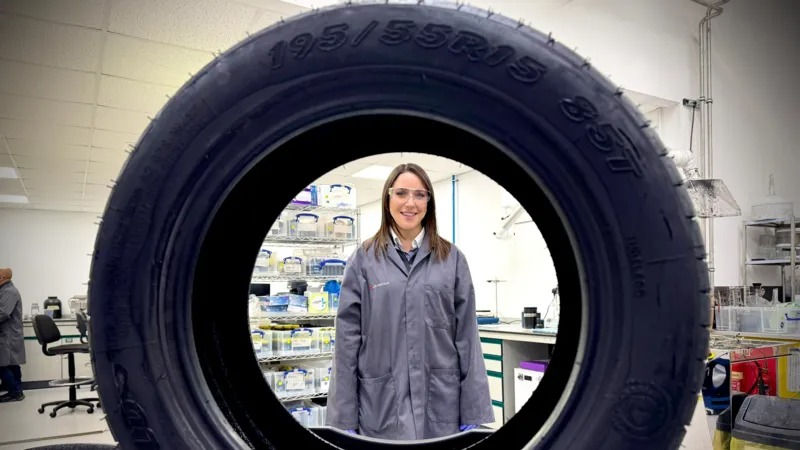Transforming Methane into Graphene: A Revolutionary Approach to Climate Solutions
- Geeshan Mudalige

- Jan 5
- 3 min read
By G. Mudalige, Jadetimes Staff
G. Mudalige is a Jadetimes news reporter covering Technology & Innovation

As the UK targets an ambitious reduction in greenhouse gas emissions, innovative technologies are emerging to address the climate crisis. While carbon dioxide (CO2) has long dominated the conversation, tackling methane emissions could provide faster short-term impacts. Methane, a potent greenhouse gas, traps significantly more heat than CO2 despite having a shorter atmospheric lifespan. Addressing this challenge, a Cambridge-based company called Levidian has developed a groundbreaking method to transform captured methane into graphene, the world's thinnest and strongest material, offering new hope for industries struggling to decarbonize.
Methane emissions are primarily generated through human activities such as agriculture, fossil fuel production, and waste decomposition. Traditionally, captured methane has been burned to produce energy, releasing CO2 in the process. However, Levidian's innovative Loop system provides a cleaner, more sustainable solution by using microwave energy to split methane molecules into carbon and hydrogen. According to John Hartley, Levidian’s CEO, the hydrogen produced can be used as a clean fuel to power factories, trucks, and ships, emitting only water vapor when burned, while the carbon is captured as solid graphene.
Graphene, discovered in Manchester two decades ago, is celebrated for its exceptional properties. It is one atom thick, making it the thinnest material known to science, yet it is also incredibly strong, transparent, flexible, and a superior conductor of heat and electricity. Levidian’s director of commercial development, Ellie Galanis, explains that a small amount of graphene can significantly enhance everyday products. For instance, incorporating graphene into tyre treads can make them more durable, lighter, and fuel-efficient, with potential fuel savings of £300 million annually for the UK’s heavy goods vehicle (HGV) industry. Additionally, graphene can be added to concrete to reduce cement usage, a major source of CO2 emissions, or to surgeons' gloves to improve their durability.
Despite its potential, the commercial adoption of graphene has been limited due to challenges in producing high-quality material at scale. Levidian’s chief technology officer, Alistair Donaldson, highlights that the Loop system overcomes this hurdle by generating graphene in powder, pellet, or liquid forms, allowing manufacturers to integrate it into their existing processes seamlessly. The company is collaborating with product manufacturers across various industries to explore graphene’s potential applications.
The urgency to address methane emissions is underscored by the UK government’s target to reduce greenhouse gases by 81% by 2035. Professor David Reiner from Cambridge’s Judge Business School emphasizes that achieving this target requires not only reducing emissions but also removing them from the atmosphere.
Levidian’s technology offers a critical piece of the puzzle by turning harmful methane into a valuable resource. He notes that while existing technologies like electric vehicles and heat pumps are essential, innovative solutions like Levidian’s Loop system are equally vital to meet short-term climate goals and address long-term environmental challenges.
Levidian’s Loop system has already been deployed at test sites worldwide, including Worthy Farm, home of the Glastonbury Festival, where it processes methane from cow slurry. The company is set to launch a similar project with United Utilities using biogas from wastewater treatment, supported by £3 million in government funding. Levidian’s second-generation Loop system, capable of processing 20 times more methane than its predecessor, is expected to be rolled out later this year, further advancing the potential of graphene in reducing emissions and driving sustainable innovations across industries.
This innovative approach to methane capture and conversion not only addresses a critical environmental issue but also opens new possibilities for industries to enhance performance while reducing their carbon footprint. As the world continues to grapple with the impacts of climate change, technologies like Levidian’s Loop system demonstrate the power of science and innovation in shaping a sustainable future.










































Comments